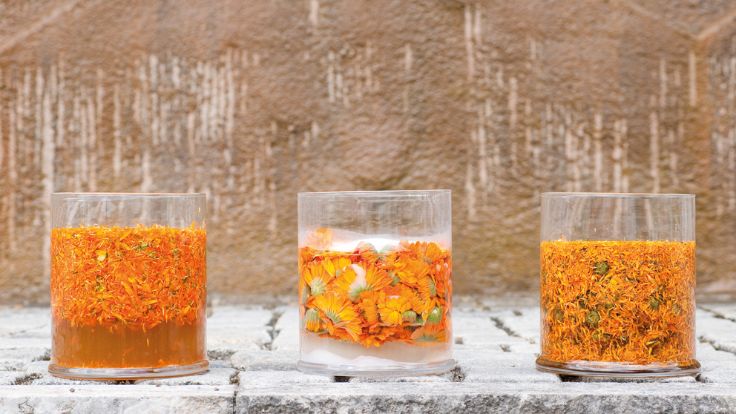
Longevity: The secret to healthy aging
What you can do for a long and vital life
Longevity means striving for a long and healthy life. Various factors, such as nutrition and exercise, can positively influence lifespan and contribute to healthy aging.
What does our lifespan depend on?
Being mentally fit at 95 or walking 10,000 steps daily is unfortunately not granted to everyone. How long we live and the quality of our life in old age are determined by both genetic and external factors. Some people have genes that make them more resistant to certain signs of aging. Conversely, if there are diseases in the family that shorten lifespan, there may be an increased risk of developing them oneself.
Our lifestyle has a significant impact: An unbalanced diet, insufficient physical activity, smoking, or alcohol consumption can severely affect health and thus influence lifespan. Environmental factors such as air and water quality can also impact health. Good medical care extends life expectancy, and social and psychological factors, such as social contacts, also play a role in longevity.
Totally trending: Longevity
Longevity is a megatrend: Entire industries have specialized in enabling people to live long and healthy lives. According to numerous experts, aging is not inevitable; it can be halted and managed if addressed early enough. More and more researchers are working to discover what keeps our bodies fit and vital for as long as possible.
Longevity: Tips for long-lasting vitality
By following certain rules, you can create good conditions for a long and healthy life.
- Very important: a balanced and nutrient-rich diet. Fruits and vegetables are rich in antioxidants, making them the ideal foundation for a longevity diet. Whole grains are high in fiber and support digestion. Healthy fats from olive oil, avocados, and nuts are good for heart health, while lean protein from fish, poultry, and beans is necessary for building and maintaining muscles. Fermented foods like yogurt and sauerkraut promote a healthy gut flora. Sugar and highly processed foods should be avoided as much as possible.
- Calorie reduction is also associated with extended lifespan. Consuming fewer calories can reduce oxidative stress, improve cell repair, and promote hormonal changes that may slow aging.
- To age healthily, one should limit smoking and alcohol consumption as much as possible. Both harm health, increase the risk of cancer, heart and lung diseases, and weaken the immune system.Abstaining improves quality of life and increases the chances of a longer life.
- Regular exercise has positive effects on health at any stage of life. It's never too late for sports—it is beneficial even if we start in later years. It is recommended to engage in two and a half to five hours of exercise per week, such as cycling, swimming, or brisk walking. Additional strength training is good for back health.
- Adequate sleep promotes a long life because it can support cell repair, strengthen the immune system, and promote hormone regulation. Ideally, it protects heart health and reduces the risk of heart disease and strokes. It can also contribute to mental health by reducing stress and depression and improving cognitive abilities.
- Also important: avoiding stress. It weakens the immune system and increases the risk of cardiovascular diseases. Additionally, it can promote mental health issues like depression and increase cortisol production, leading to inflammation and cognitive impairments. Stress reduction methods such as meditation or autogenic training can help.
When aiming for a long, healthy life, we should not forget our social contacts: Spending time with loved ones reduces stress, supports healthy lifestyle habits, and stimulates the brain. At the same time, social contacts strengthen the sense of belonging and positively impact mental health.











